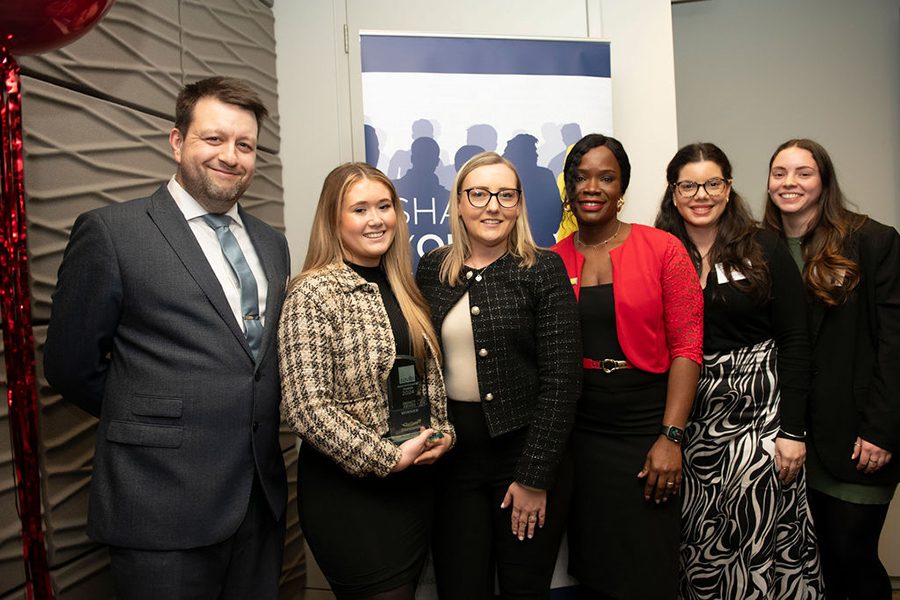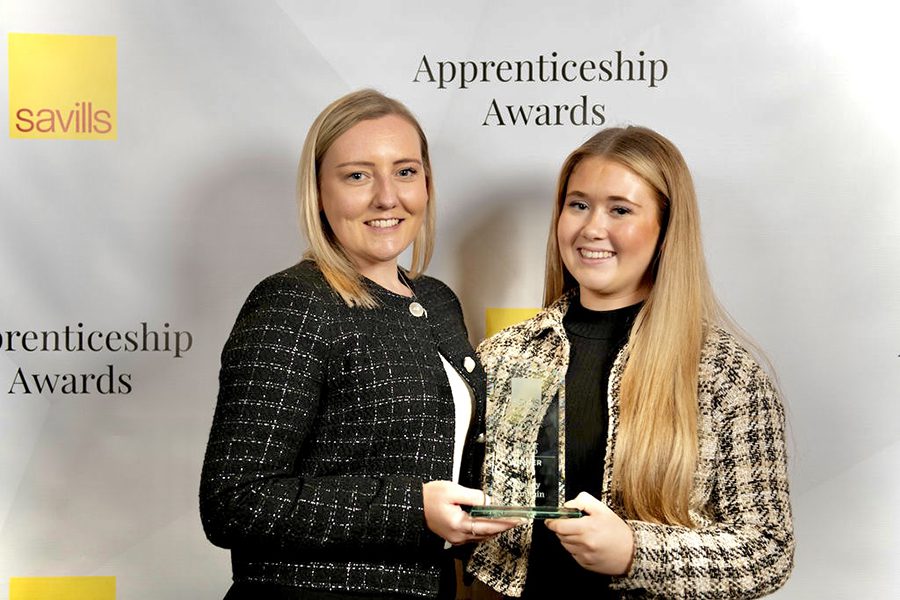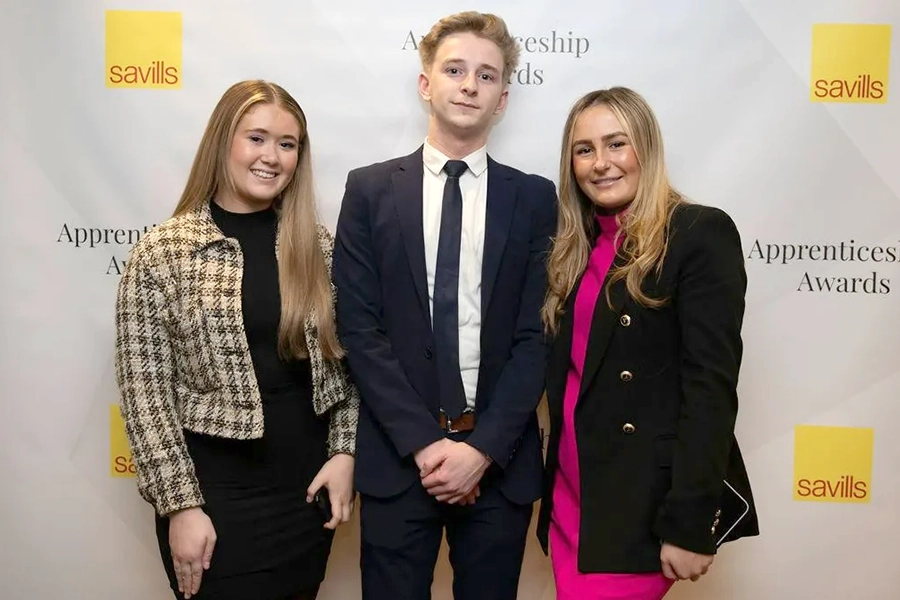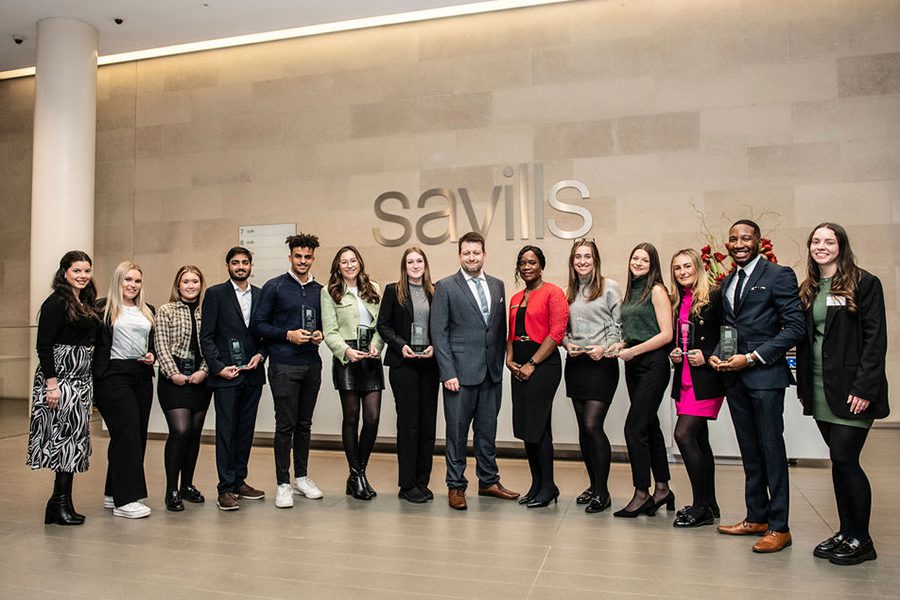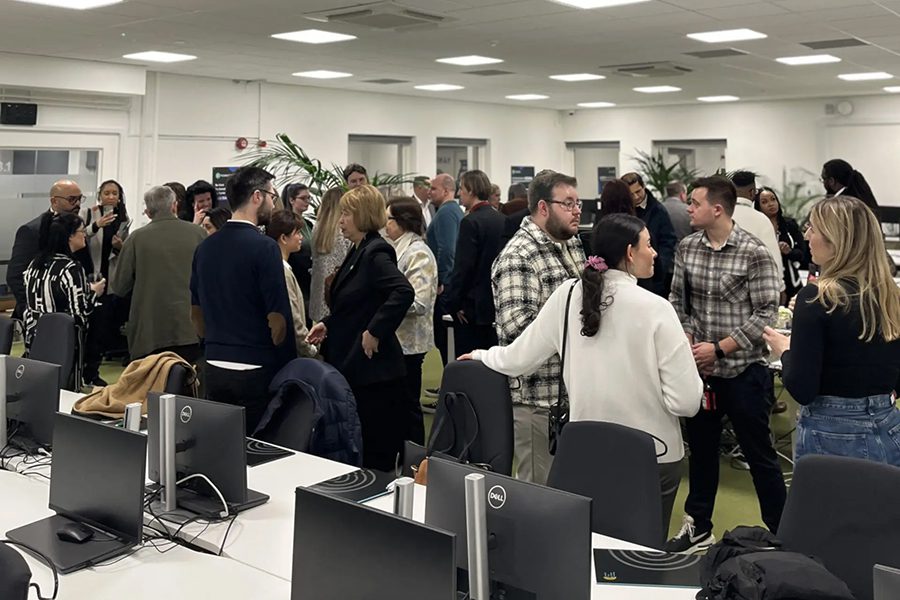This week is Colleges Week (26 February-1 March) and this year, the Association of Colleges is encouraging colleges and their students to think about how they can influence and engage with politics while also celebrating their successes.
With the general election set to take place this year, there’s no better time to start thinking about the things that matter to you.
To some, politics can sometimes seem far removed from their day-to-day life, but politics affect your day-to-day, for example, minimum wage, what our relationships with other countries look like, how we tackle global warming, what you study in school or college, and how the public spaces and facilities around you are developed and maintained.
It is never too early to become interested in politics, and how decisions are made.
We’ve put together a guide unlocking the exciting world of political participation – proving it’s not just about suits and speeches, but about shaping the future you want to live in.
Vote!
Voting is the most important democratic action you could do, yet in the 2019 general election, over 30% of eligible voters failed to cast their ballot.
In the UK, there are local council elections, parliamentary elections, as well as UK-wide elections. Before casting your vote, research candidates and parties thoroughly and attend hustings (public debates) if you can.
Although only 18+ year-olds can vote, 16 and 17-year-olds can register to vote (14 or over in Scotland and Wales). If you live in Scotland or Wales, you can vote in some elections when you’re 16 or over.
Registering takes only 5 minutes, and you only need to register once. Find out what you need to register to vote here.
If you’re under 18, keep reading for more ways to become politically active.
Study politics
A politics A-level is a great way to get your teeth into the subject and examine the workings of the British political system, core political ideas, and global events and trends. We offer both a 2-year full-time A Level course or a 1 year intensive A level course.
An A-level in politics can help pave the way towards a range of careers within the civil service and a wide range of careers where policy is involved.
Join your college society or clubs
Many colleges and schools have societies or clubs dedicated to politics or debate. Joining one is a great way to meet like-minded people, learn from each other, and have fun discussing big ideas. These societies often hold meetings, events, or workshops where you can learn about current issues, political processes, or how to get involved in campaigns.
If your college has a debate club, join it! Debating helps you understand different viewpoints, improve your public speaking skills, and think critically about important issues.
You may have a student council or parliament within your school or college that you can join. These student-led organisations give students a voice within their educational community and can be a great introduction to political life. You may be involved in campaigning for change, organising protests, lobbying for better policies or simply listening to the student body’s worries and frustrations. At CCCG, we have student governors who take part in governance meetings for the college group. Find out more about our governors and how they shape our group here!
Visit Parliament
Visiting Parliament is an awe-inspiring experience. Stepping inside the historic halls where laws are made and debates shape the nation’s future is truly captivating. The iconic architecture, from the grand Westminster Hall to the intricately decorated chambers, immerses visitors in centuries of political history. Get insight into the workings of democracy, showcasing the House of Commons and the House of Lords. You can also attend debates, observing politicians in action!
UK residents can request a free ‘Inside UK Parliament’ guided tour by contacting your Member of Parliament (MP) or a member of the House of Lords.
Join UK Youth Parliament or the Youth Select Committee
You could also become a member of the UK Youth Parliament, which is for young people aged 11-18 who aim to create social change through meaningful representation and campaigning. It’s a fantastic platform to find your voice, develop leadership skills, and connect with other passionate young people.
The Youth Select Committee (YSC) is a British Youth Council initiative, supported by the House of Commons, which takes evidence in public and has its proceedings televised and recorded in Hansard. The 12 committee members are aged 14-18 and include Members of the UK Youth Parliament, Youth Councillors and representatives from each of the devolved nations. The YSC receives induction training and mentoring from parliamentary Clerks and British Youth Council staff.
Contact your local representatives and MP
If there are issues in your local area that you would like to address, you can get in touch with your local councillor by writing to them. There are also some council meetings that members of the public can attend.
You can also contact you MP about specific issues like health, benefits, education, employment and international conflicts. You can find out about their voting history and hear more about the decisions they are involved with by following them on social media. Local councillors and MPs hold surgeries where you can talk to them in person.
There are no age restrictions for contacting your local councillor or MP!
Respond to consultations
There are thousands of policy papers and consultations available for the public to read and respond to. These cover different issues that the government is exploring, often before a law is passed. For each issue, there is the opportunity to give a written response, usually via a survey. Members of the public can use the surveys to share their opinions and insights on specific issues. They can also give details about how proposed changes affect them and share the outcomes that they would like to see.
Start or sign a petition
If there’s something you want discussed in parliament or put into law, you can start a petition.
In England, you need 100,000 signatures on a petition for parliament to discuss it. If you start or sign a petition, don’t forget to share it widely with classmates and contacts across a range of social media platforms for maximum impact.
Attend an event or peaceful demonstration
Take some time to research matters that interest you and go to lawful events or demonstrations to find out more about them and connect with other like-minded citizens. Collective action can be powerful, and protests have long played a vital role in protecting human rights. There have been recent changes to protest laws, but your right to peaceful protest is protected by law. Ensure you’re clued up on the rules and rights of protest before you go, and bear in mind that there are rules around arranging protests.
Join an organisation or campaigning group
Politics doesn’t have to centre around getting and using political power, and it’s important to apply your political energy to the things that matter most to you. There are many local and national organisations working hard in specific areas – from protecting local wildlife to supporting vulnerable members of the community. You can get involved by joining them as a volunteer, member or trustee.
Join a political party
If you find that you agree with the views and policies of a political party, why not consider joining? You’ll have the opportunity to attend local meetings, take part in debates and contribute your ideas. Members of political parties play an important role in deciding the party’s agenda and helping to shape policies. Party members are also able to vote in leadership elections.
Run for office
This is a big one and for the over-18s only. If you are passionate about politics and want to devote more of your time to political change, why not run for a political position? You could start by getting involved in your local parish council if there is one, and then, the sky’s the limit!
People of all ages need to have a voice and be heard on matters that impact them. It’s easy to feel like you have limited power if you’re just one person in a large society, but every big thing begins with one small action – so who knows what you might create?


